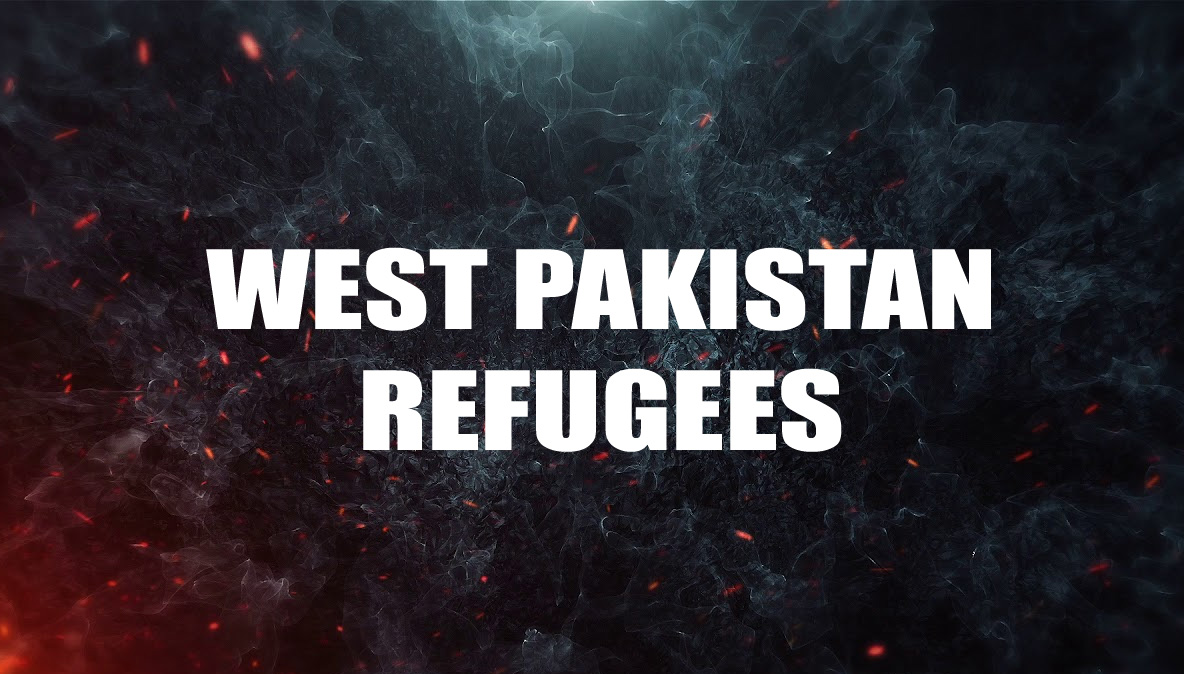After the partition of India and Pakistan in 1947, thousands of Hindus and Sikhs fled from Pakistan to India, including to the erstwhile State of Jammu and Kashmir. Among them were the West Pakistan Refugees, who migrated from the areas that are now in Pakistan. While WPRs who migrated to other parts of India were able to establish themselves relatively quickly, those who settled in J&K faced a more complex political situation due to the ongoing conflict in the region. In other parts of India, WPRs have been granted citizenship rights, and have been able to integrate into society and pursue education and employment opportunities.
However, the West Pakistan Refugees faced numerous challenges and hardships in Jammu and Kashmir. WPRs were deprived of ownership of land allocated to them in 1954 in J&K, which severely limited their economic opportunities. They were also not eligible for Government-sponsored welfare programmes and schemes, which has left them economically vulnerable.
The WPRs were not treated as state subjects and were therefore excluded from participating in the elections for the Legislative Assembly, Panchayats, and Municipalities. They were also not eligible for Government jobs and welfare schemes. They had to live a life of “second-class citizens” for decades.
The situation changed after the abrogation of Article 370 of the Indian Constitution in August 2019, which gave special status to Jammu and Kashmir. This removed the hurdles faced by the West Pakistan Refugees and gave them the same rights as other citizens of Jammu and Kashmir. They are finally able to contest elections, avail themselves of Government jobs and welfare schemes, and are now given ownership rights to the land allotted to them. The Lieutenant Governor of Jammu and Kashmir has also assured that the Government will simplify the rules to help people avail themselves of the benefits of Government schemes, including compensation, which a large number of families have not been able to get.
After decades of living as refugees in their own country, the West Pakistan Refugees are finally getting the recognition and support they deserve.
The ownership rights for land will bring great relief to thousands of refugee families who had been living on the land for decades but did not have ownership rights. The steps to provide education and employment opportunities to the refugees include setting up schools and colleges in the areas where the refugees are settled and providing scholarships to refugee children for their education. The Government has also launched several schemes to provide employment opportunities to the refugees, such as the Prime Minister’s Employment Generation Programme and the Skill India Programme.
The Government of J&K will need to continue to work to address the needs and concerns of WPRs in the UT and ensure that they can fully participate in society and access basic rights and amenities. Overall, with the focused efforts of the administration, the West Pakistan Refugees in Jammu and Kashmir are finally receiving the recognition and support they deserve and are flourishing in their new homes, like in the rest of India.
Trending Now
E-Paper


